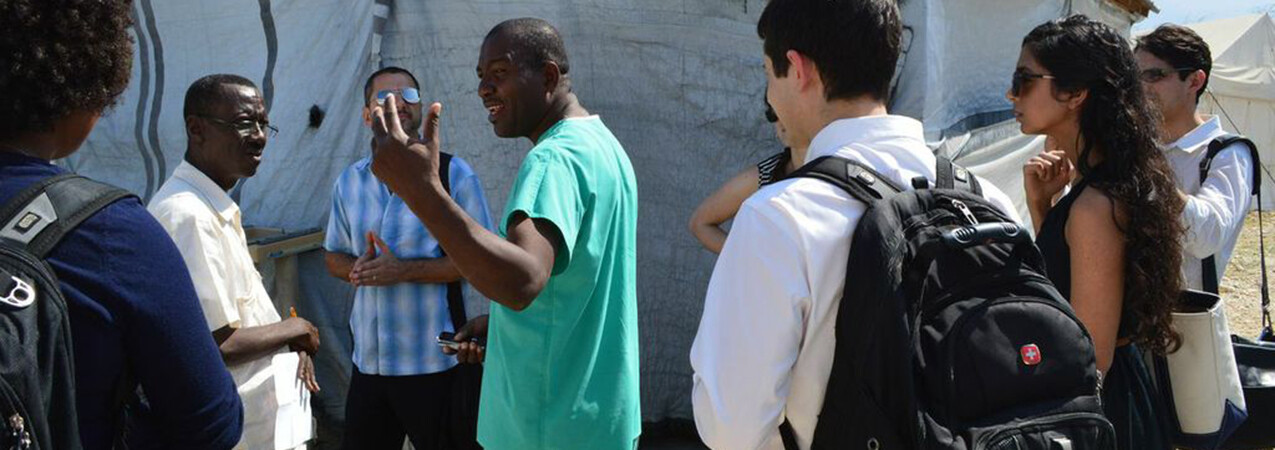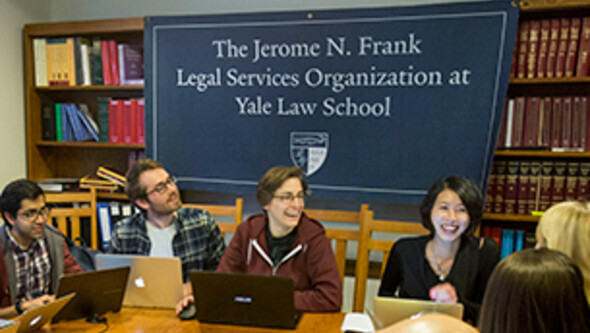The Global Health and Justice Practicum, with support from the Gruber Program for Global Justice and Women's Rights, addresses critical topics at the intersection of public health, rights, and justice in the 21st century. Students explore analytic and practical frameworks that engage a diverse range of legal conceptions and processes that act as key mediators of health, including producing or responding to health disparities in the United States and worldwide. Readings and project approaches draw from legal, public health, historical, anthropological, and other fields to introduce students to the multiple lenses through which health issues can be addressed, and to build their competence to work with colleagues in other disciplines around such interventions.
The class equips students with the capacity to engage critically and constructively with the evolving tools of law, policy, and rights in the context of global health. Through readings and real-world projects the students will have an opportunity to explore the means by which--and with what limitations--law, policy, and rights can be used as tools to promote health within a global context. Previous projects have focused on building a framework for UN accountability for the introduction of cholera to Haiti, and on addressing barriers to access to new Hepatitis C treatment in low and middle-income countries. Projects may also relate to U.S. law and policy (for example, one recent project addressed state laws that create criminal penalty enhancements for sex workers with HIV, and another addressed the implications of recent free speech jurisprudence for the FDA's regulatory authority).




